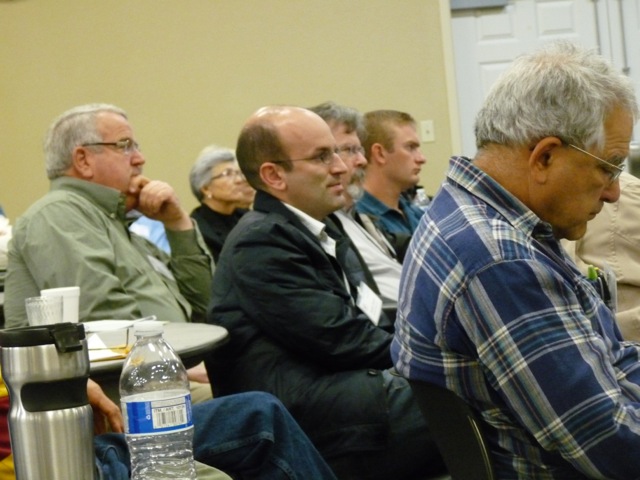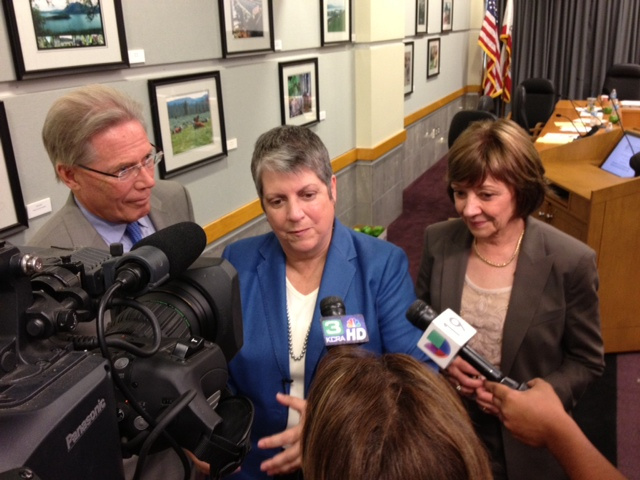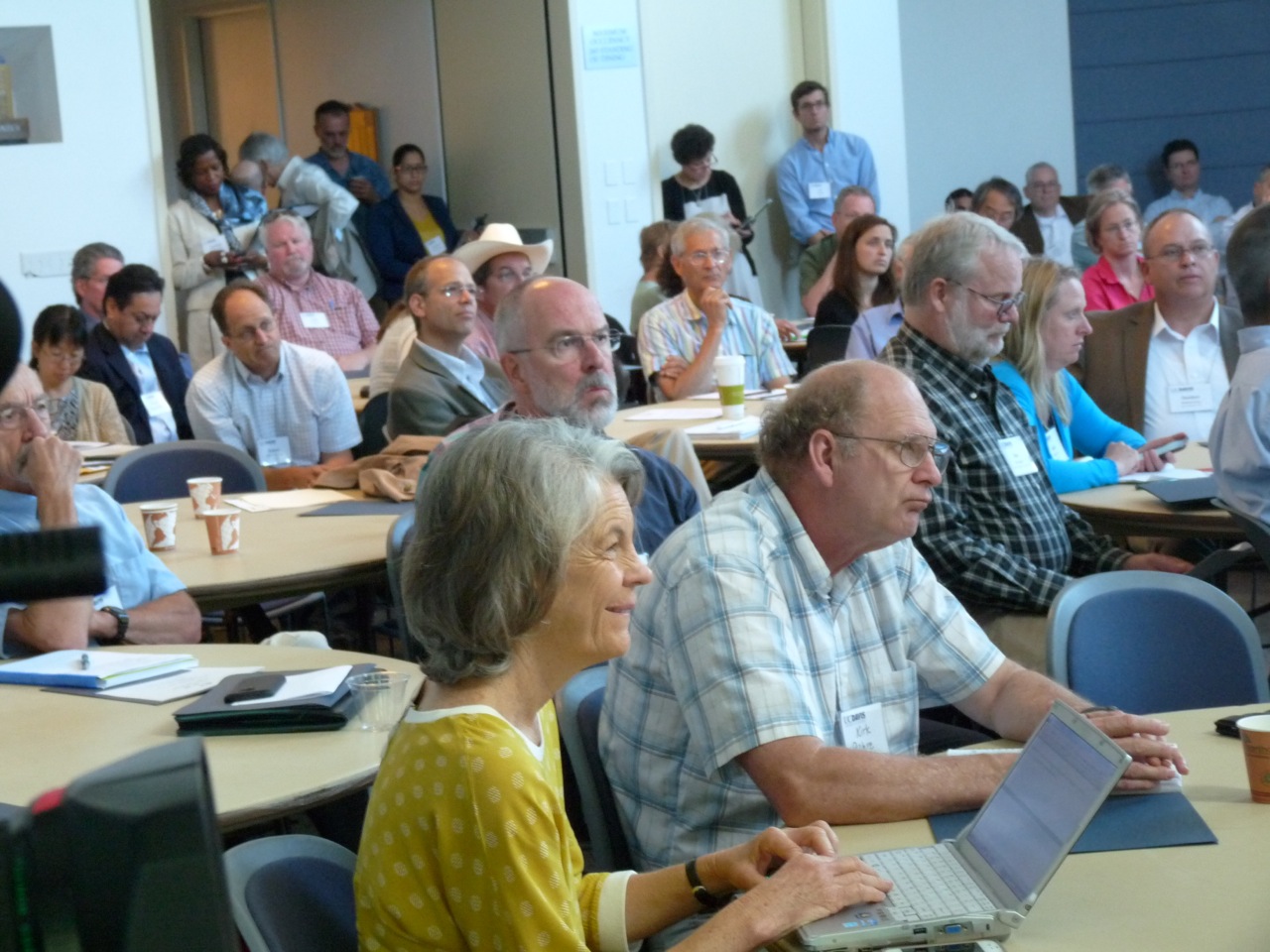Organic Production Seminar in Tulare, Aug. 14
CALENDAR ITEM
Sustainable/Organic Production in the Southern San Joaquin Valley
The all day seminar will focus on sustainable and organic production of field crops, vegetables and orchards in the San Joaquin Valley.
Subjects include: Update by Kings/Tulare County Ag Commissioners, Disease Control, BioControl, No Till Systems, Water Quality Regulations, Soil Health, Bee Health, Benefits of Compost and Soil Amendments, and a grower panel discussing challenges of fertility and pest control. Also exhibits by firms providing products acceptable for certified organic production. CEUs are offered for Certified Crop Advisers (6.0 hours) and licensed Department of Pesticide Professionals (6.0 hours)
WHO: Presented by the California Association of Pest Control Advisers, Tulare/Kings Chapter California Association of Pest Control Advisers and Organic Fertilizer Association of
California.
WHEN: Thursday, August 14, 2014, 8:00 am – 3:00 pm.
WHERE: International Agri Center, Banquet Hall, 4450 S. Laspina St., Tulare, CA
INFO: Contact Steven Beckley, (916) 539-4107, sbeckley@aol.com.
Program/registration is available at https://capcaed.com/august-14,-2014-tulare-sustainable/organic-production-in-so.-san-joaquin-valley/


















